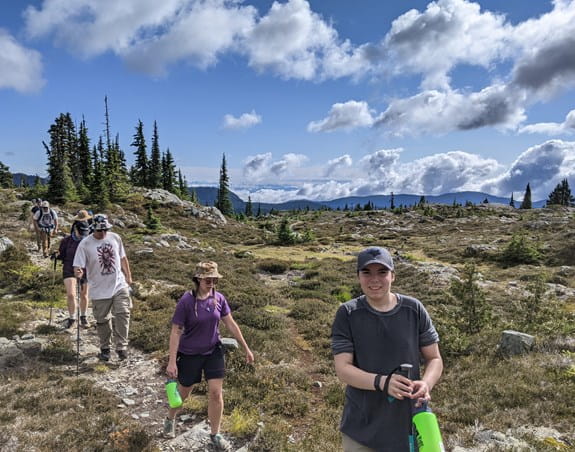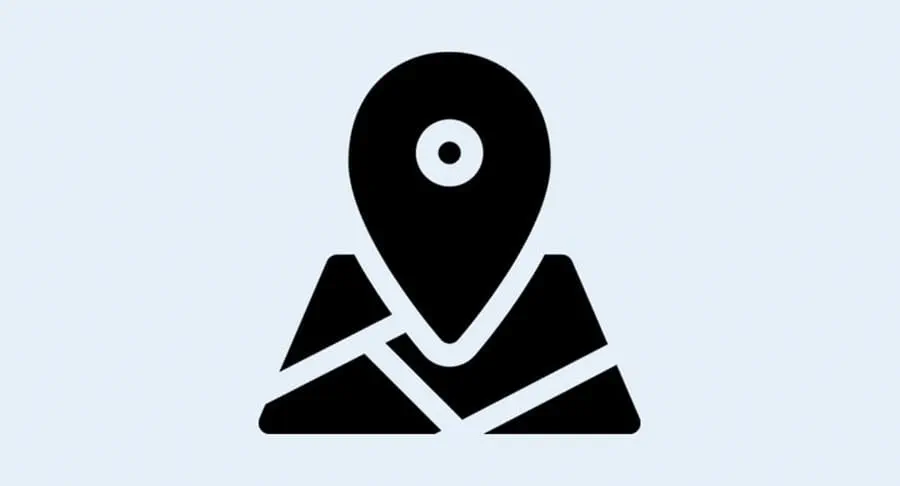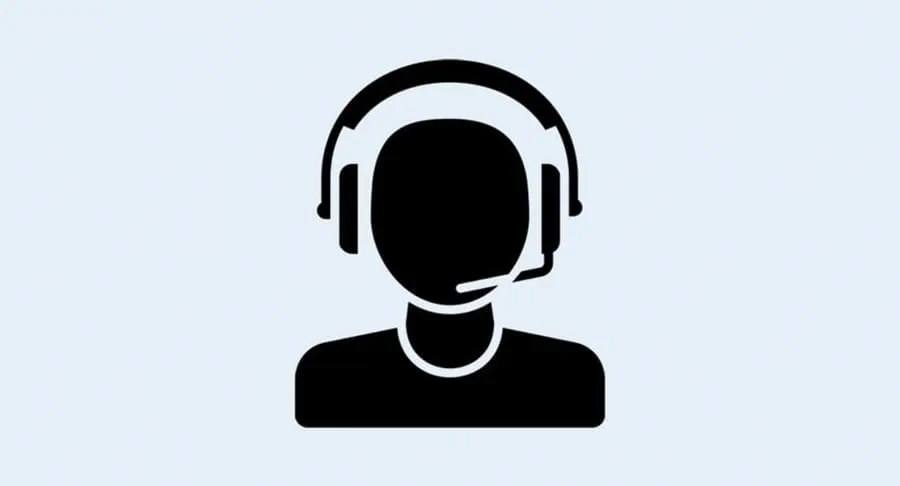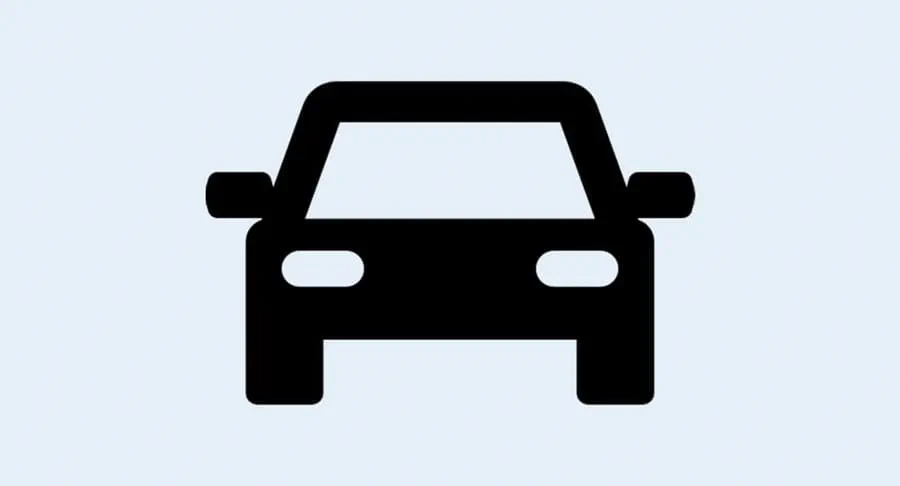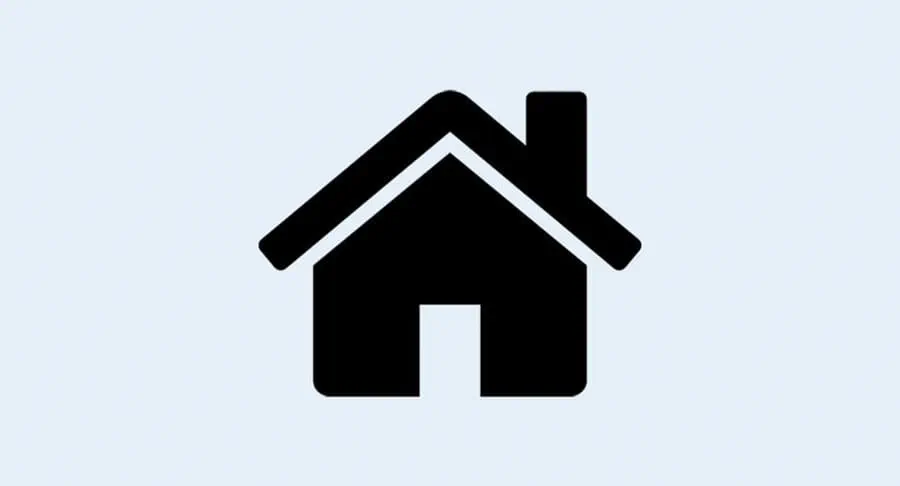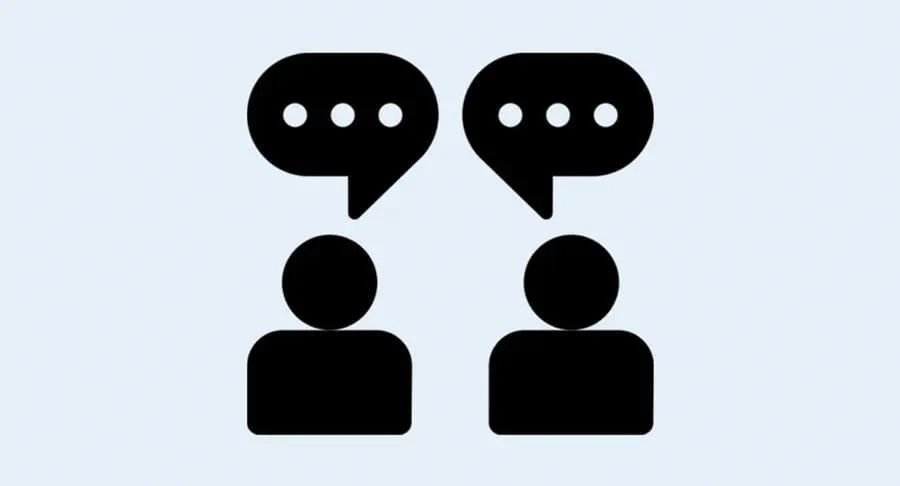Adolescents and young adults with cancer
In 2021, there were over 12 million young people in Canada aged 15 to 39. This makes up about 30% of the population. In 2018, around 7,000 people in this age group were diagnosed with cancer. These young people, often called adolescents and young adults with cancer (AYAs), have unique needs that are shaped by the fact that they are at varying stages of development in their lives. This age group is experiencing important transitions from adolescence to adulthood. A cancer diagnosis can disrupt their education, relationships and ambitions of career or parenthood. Depending on their exact age and stage in life, their needs can vary or be more prominent.
No one should face a cancer diagnosis alone or lack access to the information and care they need. But for adolescents and young adults with cancer and their loved ones, there can be unique challenges and barriers that make a cancer experience more difficult than it needs to be. The Canadian Cancer Society (CCS) acknowledges its responsibility to provide cancer information, support and practical services to adolescents and young adults with cancer, as well as advocate for healthy public policy and fund research focused on advancing health equity.
CCS has released Advancing Health Equity Through Cancer Information and Support Services: Report on communities that are underserved. The report describes the gaps, barriers and challenges faced by 10 identified underserved communities, including adolescents and young adults with cancer. It offers insight on how to better engage with and improve supports for these communities who, like all people in Canada, deserve access to cancer care.
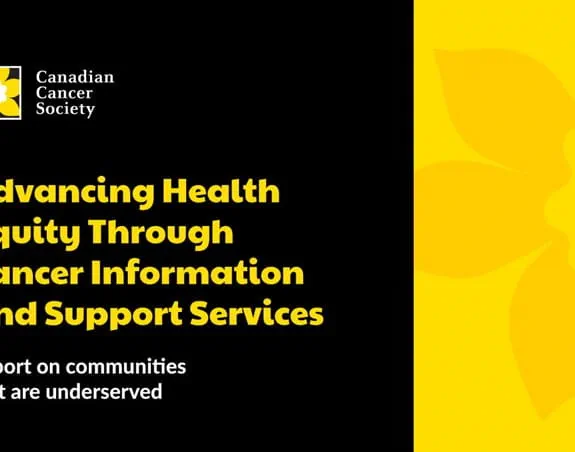
Our programs and services
All CCS staff are offered diversity, inclusion, belonging and equity training. This training helps us ensure that our physical spaces like lodges, camps and vehicles, as well as our services over the phone, chat and email, are safe, welcoming and inclusive.
Our cancer information, support and practical programs are for everyone in Canada, but here are ways that they support adolescents and young adults with cancer in particular.
Cancer information
Community Services Locator
Cancer Information Helpline
Wheels of Hope
Accommodations
Online cancer support community
By accident
Before having a bone marrow transplant to treat leukemia, Marell asked questions about how it would affect her fertility. She shares her experience and her decision to freeze her eggs.
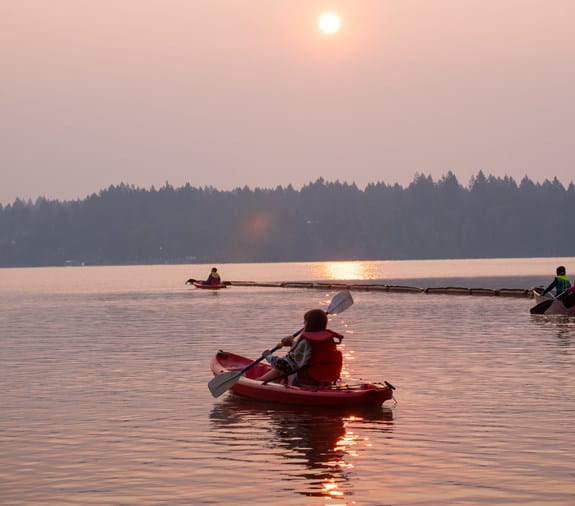
Breaking Borders
